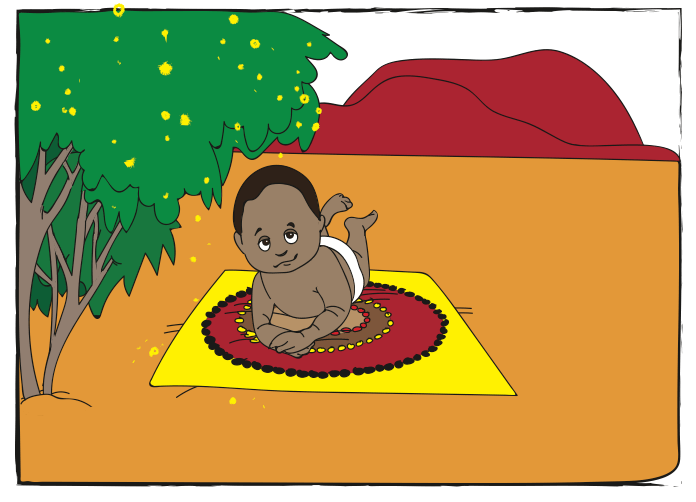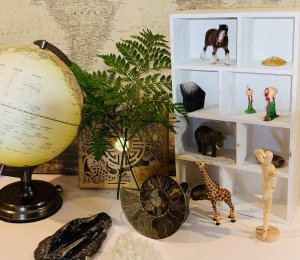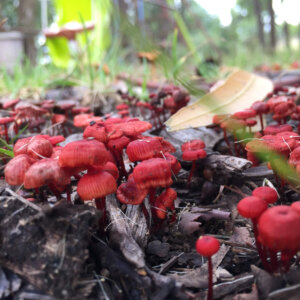Climate Strike – For Littlies
Understanding and participating in the climate strike is an important way for people have a site of agency in global issues.
For younger learners, the complex understandings of being part of a global community and understanding issues such as global weirding are too complex and too big to comprehend. It is important that we find ways to support these younger global citizens to participate and act in ways that make sense to them.
Here are some ideas that you may want to use with your younger global citizens.
CLICK HERE FOR READING AND BOOK IDEAS FOR CLIMATE STRIKE
IMPORTANT OUTDOOR SPACES
AIM: Encourage a vision of the future:
Invite your children/students to think about outside places that they love visiting. Have them discuss and share ideas about what they love about these outdoor spaces and what is special about these places. Encourage the children/students to imagine that they are in charge of creating an amazing outdoor place for others to visit. They can draw, paint, build a model to share ideas.
OUR WORLD
AIM: Beginning to explore a big wide world
Collect a large set of materials, toy animals and trees, materials to build landscapes (e.g. blue cloth for water, etc) and invite the children/students to build a ‘world’ using the resources. Sit with them and document their ideas about why the world they are creating is important and special. Share photos of their ‘work’ and quotes about the world the kids want, and share them with their parents. With the parents’ permission post the images and quotes online under the #climatestrike. #forthefuture #beconwiz
OUR GARDEN
AIM: Understanding the ecosystems around us
Choose a garden or outdoor space for the children/students to visit.
Let the children/students collect some art materials and plan how they can record ideas from the garden they are going to visit.
Go to the garden and have the children explore and record all the living and nonliving things they see in the garden. See if they can guess or predict how different things are connected. Try and get them to notice weather, plants, insects, birds, reptiles, etc that are in the space. See if the children can discuss or record what things are helping or hindering the life of the garden.
When the children/students come back inside, have them use their ideas to create a collage of the information they gathered. As a reflection ask the children/students to come up with a list of ideas that they can share with community groups, family, etc. about how to support a strong community in the gardens and outdoor spaces around them



